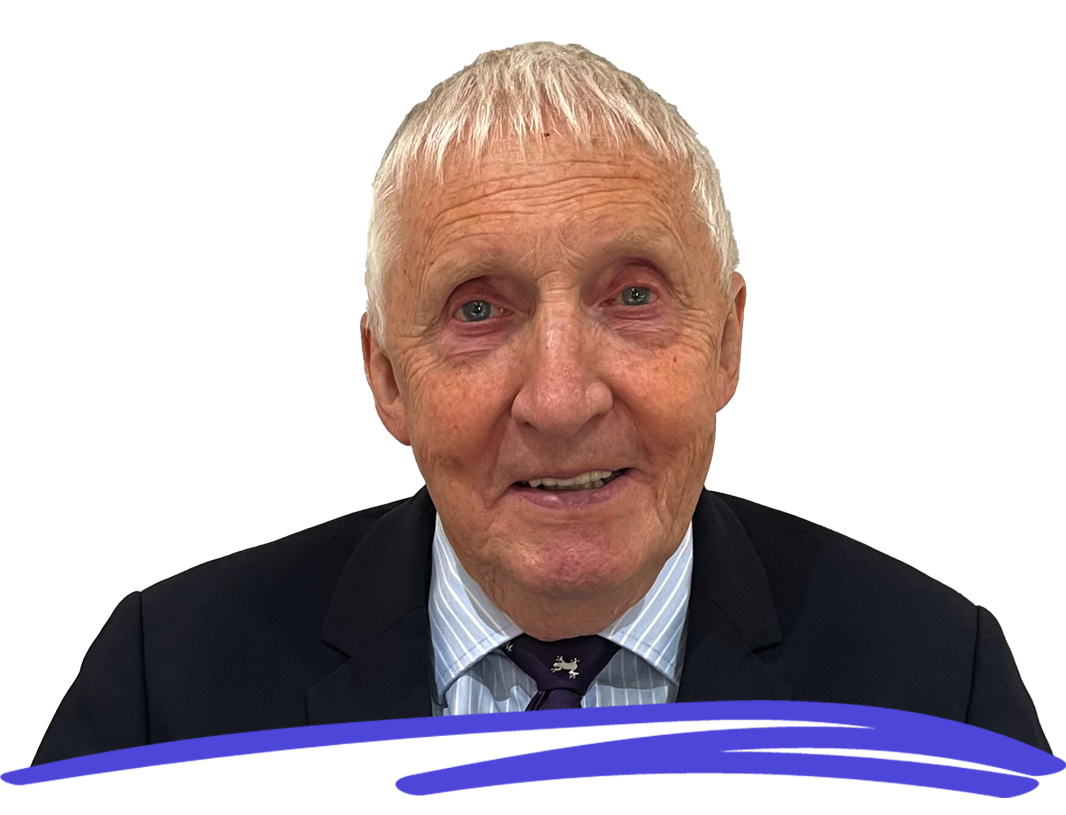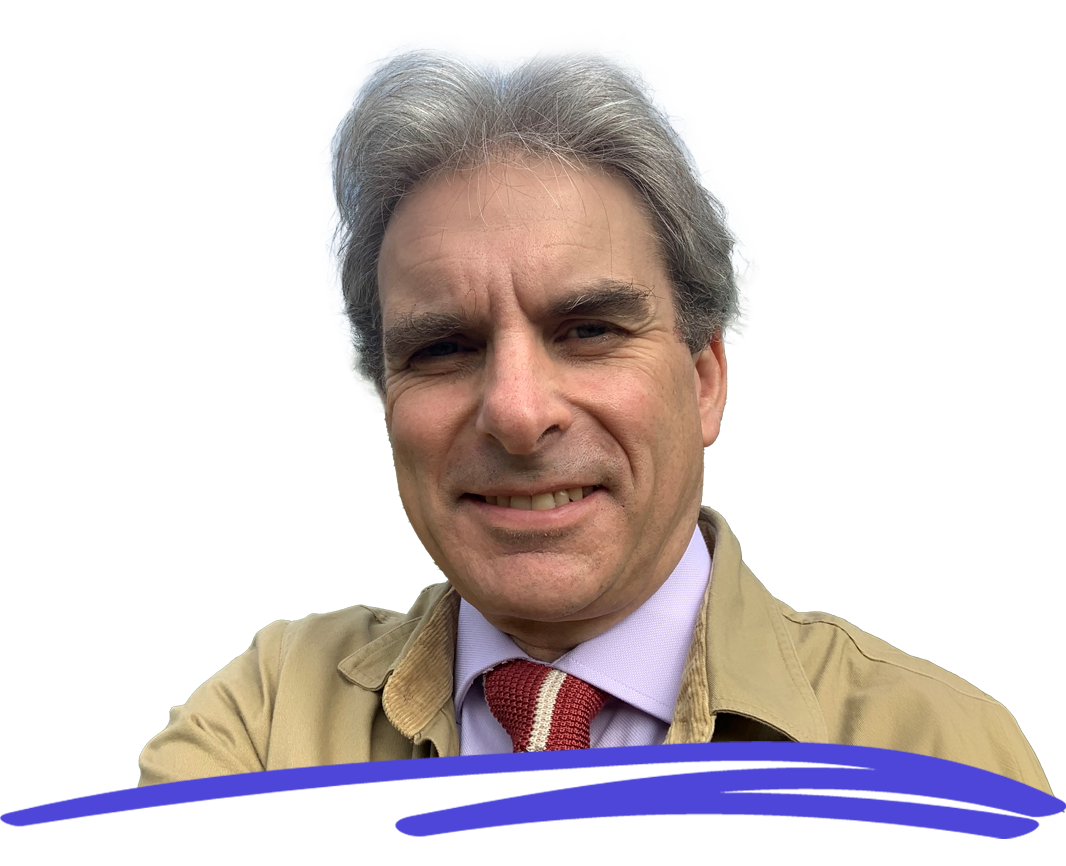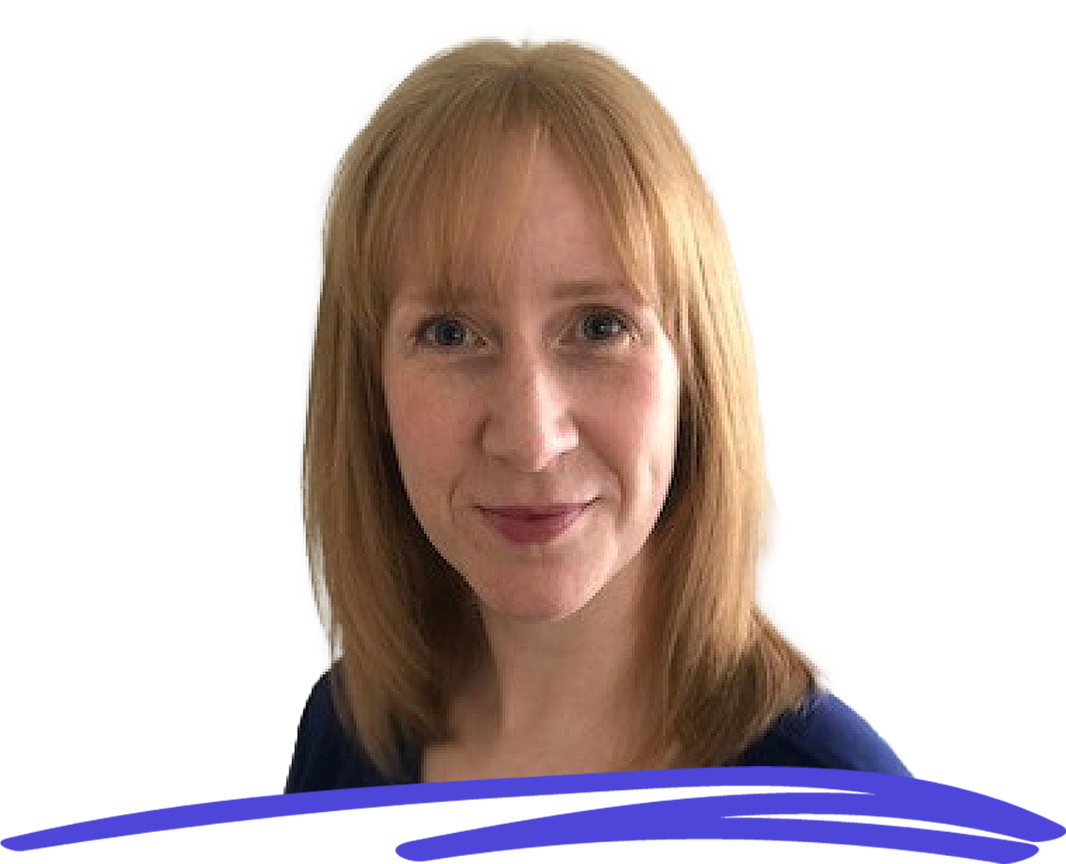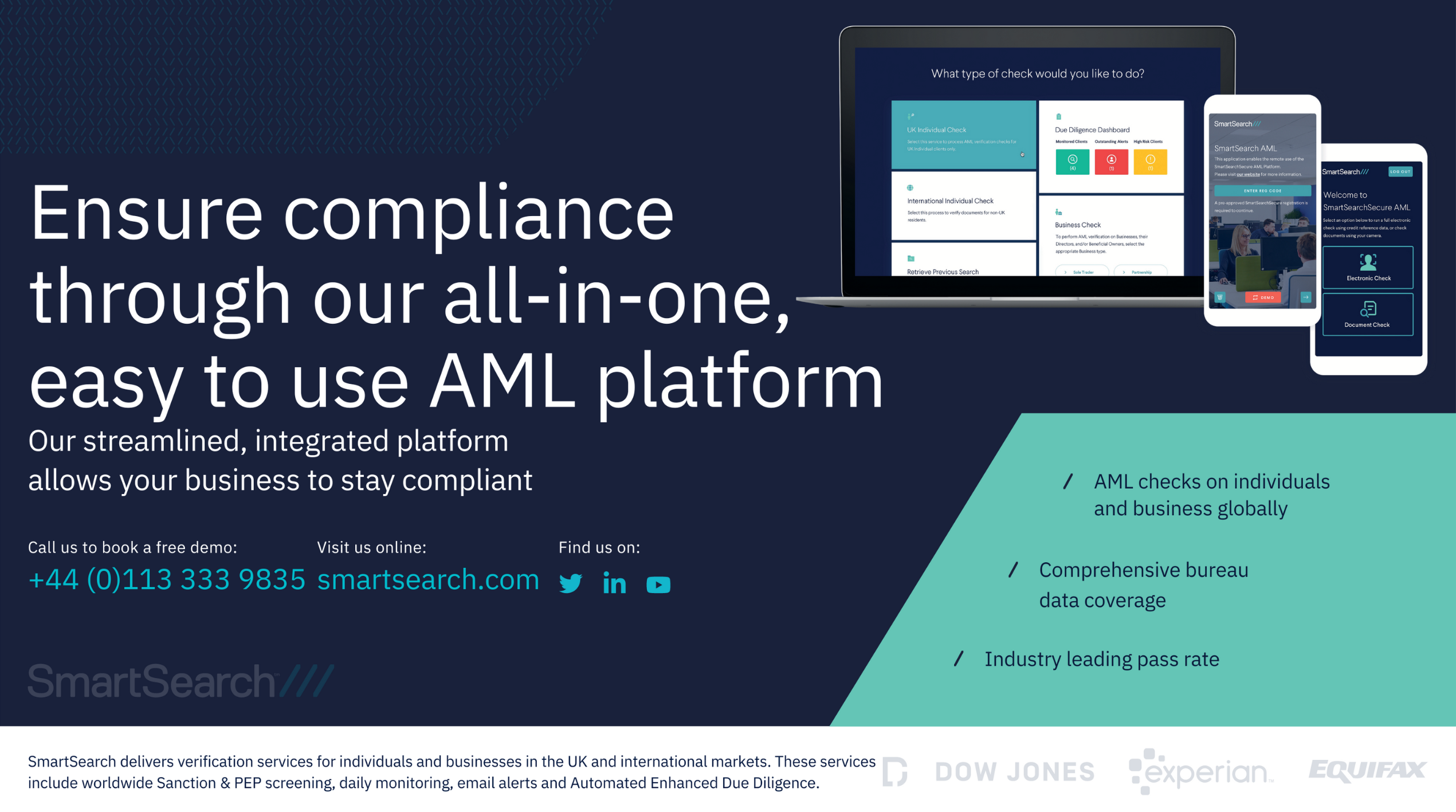Under the
microscope
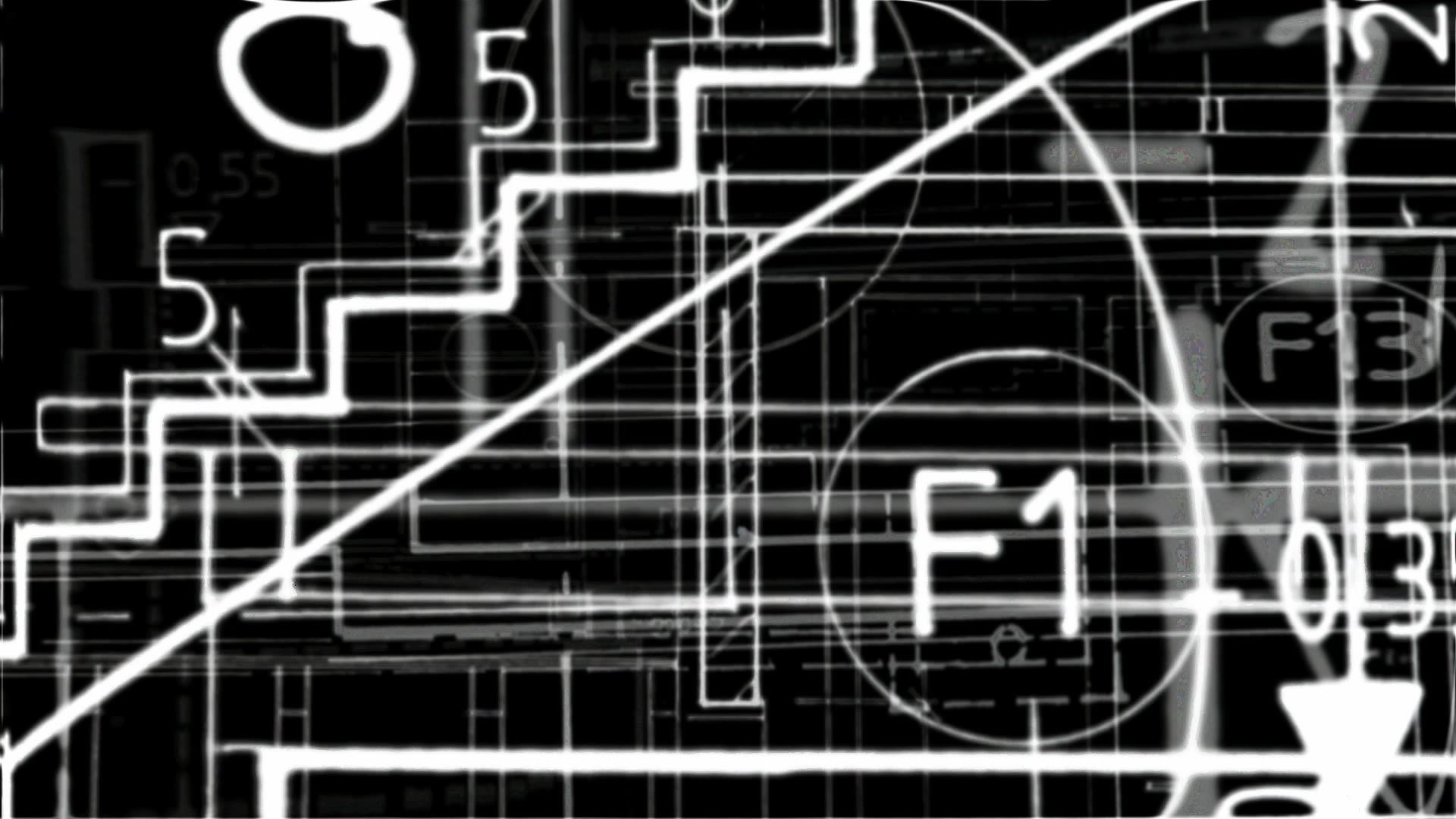
Under the
microscope

Forensic accountancy is having a rare moment in the headlines, courtesy of the Post Office scandal. Karam Filfilan meets the experts to find out what the job involves and why we can expect many more such spotlit moments
The Post Office scandal has been one of the major stories of the year. Between 2000 and 2014, the British institution prosecuted 736 sub-postmasters and sub-postmistresses based on false accounting from its faulty Horizon IT system, which made it appear that money was going missing. Dozens of innocent employees were sent to prison for theft and fraud, with others driven to bankruptcy and even suicide. The scandal has been described as one of the “worst miscarriages of justice in British history” and is the subject of ongoing government inquiry.
One of the key elements of the investigation involves a firm of independent forensic accountants – Second Sight – which was commissioned by the Post Office to examine the Horizon software, only later to claim the Post Office withheld information and steered them away from looking into miscarriages of justice.
Second Sight’s subsequent report identified two bugs in the Horizon system that caused discrepancies for 76 branches. Ian Henderson, a chartered accountant and Second Sight Director, told the public inquiry he felt the Post Office was “constantly sabotaging our efforts to seek the truth irrespective of the consequences” – and that his team were sacked in 2015 for “getting too close to the truth”.
Turning stones
So what does a forensic accountant do and how is the role growing in importance? At a basic level, forensic accountants use their skills to investigate fraud, embezzlement and irregularities hidden in financial transactions. As business transactions and banking have gone virtual, the opportunity for fraudulent activity and financial scams has increased.
Bill Cleghorn CA has decades of experience examining fraud and financial crime. He is the Director and co-founder of Edinburgh-based Aver Chartered Accountants, which focuses purely on forensic accounting and corporate recovery. The firm advised several sub-postmasters in their dealings with the Post Office and his work was singled out for praise in the House of Commons.
“The days of the bank robber are gone. It’s much easier to sit behind a computer now and take someone’s money than to rob a bank”
Bill Cleghorn CA, Aver Chartered Accountants
“The Post Office case wasn’t really about a criminal activity. It was a mistake through an IT system not being fit for the job. A very large number of people unfortunately suffered at the hands of the Post Office and many are still waiting for a resolution,” says Cleghorn.
Nevertheless, he agrees the scandal has raised the profile of the forensic accountant’s work at a time when financial crime is soaring. A government report in 2023 put the cost of fraud in the UK at a minimum of £8.4bn a year, while PwC calculated some 64% of businesses had endured some form of economic crime in the past two years, compared with a global rate of 46%.
“Technology has really made it easier for criminals to commit financial crime. Identity theft is a huge issue for both corporate bodies and individuals, while new developments such as cryptocurrencies make it easier to transfer money,” says Cleghorn. “The days of the bank robber are gone. It’s much easier to sit behind a computer now and take someone’s money than to rob a bank.”
Circuit training
Cleghorn’s own route into accountancy was a circuitous one. After originally qualifying in 1967, he gained an insolvency licence in 1986 and spent time as a partner at PwC and its predecessor firms. From 2001 to 2007, he headed an international forensics team at Robson Rhodes before it was subsumed into Grant Thornton, then co-founded Aver in 2009. The firm, now in its 15th year, has four qualified accountants on its books alongside three trainees.
Much of Cleghorn’s work involves asset recovery and confiscation, particularly in criminal cases where financial fraud is a component. His investigations have taken him all over the world, including stints in Albania (where he examined pyramid schemes), northern Cyprus (recovering assets linked to fraudulent Polly Peck CEO, Asil Nadir), Hong Kong, Panama and Israel.
For Cleghorn, the best route into forensic accountancy is the traditional one. “New recruits need to do an accountancy qualification so that they understand the nuts and bolts of the role. My route was through insolvency – you’ll always get some element of investigation here as directors will hide assets or take cash,” he says.
“It’s also vital to have a good knowledge of the law. When you work on civil forensic accounting cases, you need to understand the nuances of the claim, what the pursuers are driving at and what the defendants are claiming. Knowledge of the law is important, particularly in insolvency,” he advises.
The arms race
As financial crime continues to grow, so does law enforcement’s ability to counter it. Kenneth Murray CA is Police Scotland’s Head of Forensic Accountancy – a role he has held since 2013. He believes more prominence is being given to financial investigation as organised crime finds increasingly sophisticated ways to steal money.
“Crime occurs where there is an opportunity,” says Murray. “As we become more technologically dependent as a society, we can expect organised crime to become more technologically minded. As long as there is life there will be crime – it moves in tandem with society.”
He likens the impact of technology on financial crime to an “arms race” between law enforcement and criminals. Sometimes, technological breakthroughs benefit investigators. One example was the 2020 EncroChat hack by French police, which gave investigators access to encrypted phones used by 60,000 criminals and an insight into the top tier of organised crime. In the UK alone, hundreds of arrests were made and more than £50m in cash was seized, alongside guns, drugs and jewellery. In response, the criminal world finds new technology not currently covered by law enforcement to try to regain the advantage.
Tools of the trade
Ryan Herman explores the impact of tech on the nuts and bolts of forensic accountancy
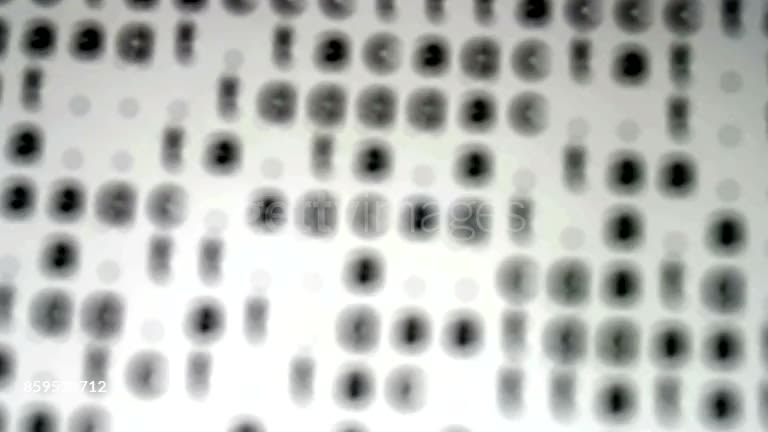
The scope of an investigation needs to be proportionate and date ranges agreed. So if a forensic accountant is looking into possible irregularities that amount to thousands of pounds over a period of months, one wouldn’t be looking at mountains of data. But if it runs into millions and dates back years, the scope will be far greater.
For example, if a forensic accountant was investigating the records of a construction company, they would focus on human-generated data which will mean anything filed and saved on the server or in the cloud. That will include emails, which can be current emails or archived data that needs to be restored from a different email system. There will also be structured data such as Excel spreadsheets, accounts and expenses.
The construction company will also have loose files, such as designs and specifications, as well as contracts, which are often saved in specific or special folders. If there’s a suspicion of fraudulent activity and potential litigation, investigators often want to collect a forensic copy of the contents of people’s mobile phones, which may include WhatsApp messages.
Accessing these messages, however, is anything but straightforward because of rules around GDPR – and some messaging systems, such as Signal, have greater encryption. Some documents may be password-protected, but there are tools available to help investigators break those passwords, although this is a time-consuming process. Another process that can be applied to data sources is optical character recognition, which helps to search a pdf file through keywords when that typically wouldn’t be possible.
All of this can be a very expensive process, although technology has helped make it cheaper and more efficient. Inevitably, AI is also changing the game. Continual active learning is where a human teaches software to find documents meeting specific criteria. Essentially, the forensic accountants or legal team will carry out a document review exercise for a couple of days to train the system to find what they’re looking for, and the system will reorder documents on the basis of which are more likely to be relevant.
This dynamic means forensic accountants need to constantly update their skills to understand new technology. “You always engage in a process of continuous improvement, which is driven by the nature of the cases you work on,” says Murray. “However, it is very important to the forensic accountancy discipline to be absolutely honest about what you can and can’t do. You need to seek technological solutions that are appropriate to the case you’re working on, but you need to know how to use them.”
A commitment to unwavering honesty is a key trait of forensic accountancy – and, Murray believes, partly explains why the Post Office scandal went so wrong. “When the reports Second Sight provided to the Post Office were inconvenient, they were undermined and called poor quality. Then they were sacked. The nature of their work meant that they pointed out things to the Post Office that ought to have been of interest, but [the Post Office] chose to not look,” he says.
“As a forensic accountant, you have a duty to make sure your evidence is accurate and correct. You have to tell the truth to the client, whether they like it or not”
Kenneth Murray CA, Head of Forensic Accountancy, Police Scotland
“As a forensic accountant, you have a duty to make sure your evidence is accurate and correct. You have to tell the truth to the client, whether they like it or not. Otherwise, you’re in a dangerous position for your credibility and morals. That’s not where you want to be as an accountant,” he says.
A growing discipline
Upholding standards and ethical responsibility in all forms of accountancy is fundamental to ICAS as a regulator, educator and professional body. The Investigation Committee is responsible for looking into and assessing complaints made to ICAS about its members, firms, students or affiliates. That committee is supported by its investigations team, which includes solicitors and chartered accountants.
The team is headed by Laura Spowart CA, who joined ICAS in 2011 in the role of Forensic Accountant before more recently becoming Director of Investigations. She also provides ethical and anti-money laundering guidance to ICAS members.
“Being a good communicator who can ask the right questions and actively listen to the answers is important. It can open new areas to investigate”
Laura Spowart CA, Director of Investigations, ICAS
Spowart began her career in general accountancy and audit and says that experience proved invaluable in developing her forensic accountancy skills: “It taught me the fundamentals of accountancy, financial examination and how a business works.”
While a less conventional forensic accountancy role, her position in the investigations team at ICAS involves a diverse range of work that combines core accountancy and investigative skills. “Each case requires you to establish the facts independently by working to a high level of detail without losing sight of the big picture,” says Spowart.
Apart from a very keen eye for detail, she adds that good soft skills are also key to success in this discipline. “Being a good communicator who can ask the right questions and actively listen to the answers is important. It can open new areas to investigate,” she says.
There is an increasing demand for forensic accountancy skills due to a rising awareness of financial crime. People are now much more aware of its impact on businesses and wider society. With their rigorous training and ethical leadership at the heart of their professional responsibilities, CAs are well placed to undertake forensic accountancy roles with technical expertise, objectivity and integrity.
For more resources, visit the ICAS regulation strategy



